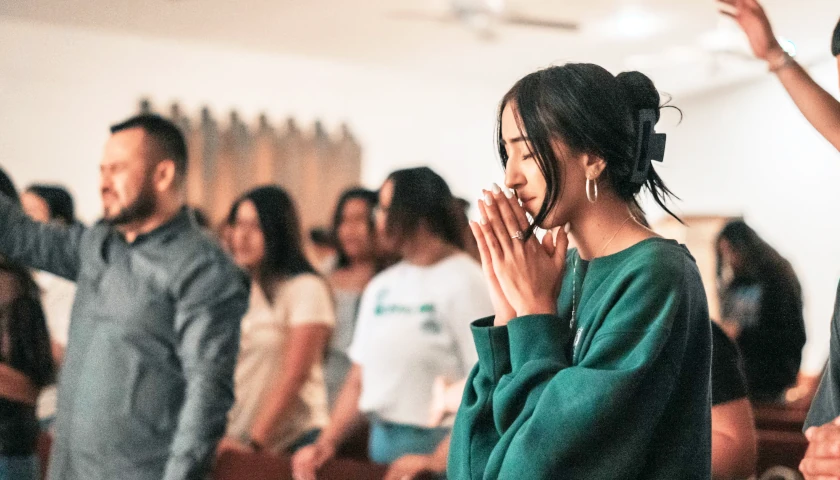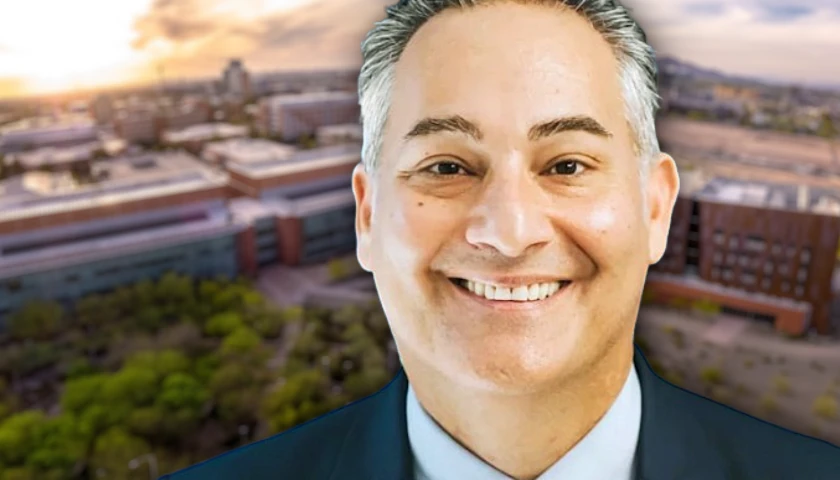by Lyrah Margo
A new study has found that as many as 104 million people of faith are unlikely to vote this election season. Within that segment, as many as 41 million born-again Christians (as defined by their beliefs) and 32 million self-identified Christians who regularly attend church are expected not to vote.
These findings highlight the alarming number of projected uncast votes from religious Americans, whose participation is crucial this election. A September Pew Research survey indicates that 61 percent of Protestant voters support Donald Trump, whereas 37 percent of Protestants support Kamala Harris.
The study was conducted by the Cultural Research Center at Arizona Christian University, which is led by George Barna. Barna is also the founder of the Barna Group, a Christian research organization focused on understanding American cultural trends.
Central to the Cultural Research Center’s study is the findings related American Christians, of which as many as 85 million are expected not to vote. One out of six of these unlikely voters expressed that they would probably vote if their church had taught that voting is a biblical responsibility.
The study shows that 61 percent of Christians said that their churches have “provided sermons or teaching about the Biblical stances on specific issues,” and 56 percent said their churches have encouraged their congregations to vote.
Christians had less frequently heard about the purpose of government (34 percent), the Israel–Hamas conflict (33 percent), artificial intelligence (18 percent), and immigration and border security (25 percent) from the pulpit.
Christians who regularly attend church cited inflation (67 percent), the economy (64 percent), and immigration (60 percent) as their top concerns in selecting a candidate to vote for.
Barna emphasizes that these findings should encourage churches and Christians to vote. “If church leaders, family members, and close friends will use their influence to get reticent voters from their churches to cast a ballot on November 5,” he said, “the election outcome will be meaningfully affected.”
– – –
Lyrah Margo is a recent graduate from Arizona Christian University, where she studied communication, political science, and biblical studies. Lyrah is the Intercollegiate Studies Institute Fellow at The American Spectator. Originally from Hawai’i, Lyrah enjoys spending time with her husband, reading, and exploring new places. Follow her on X at @lyrahmargo.








